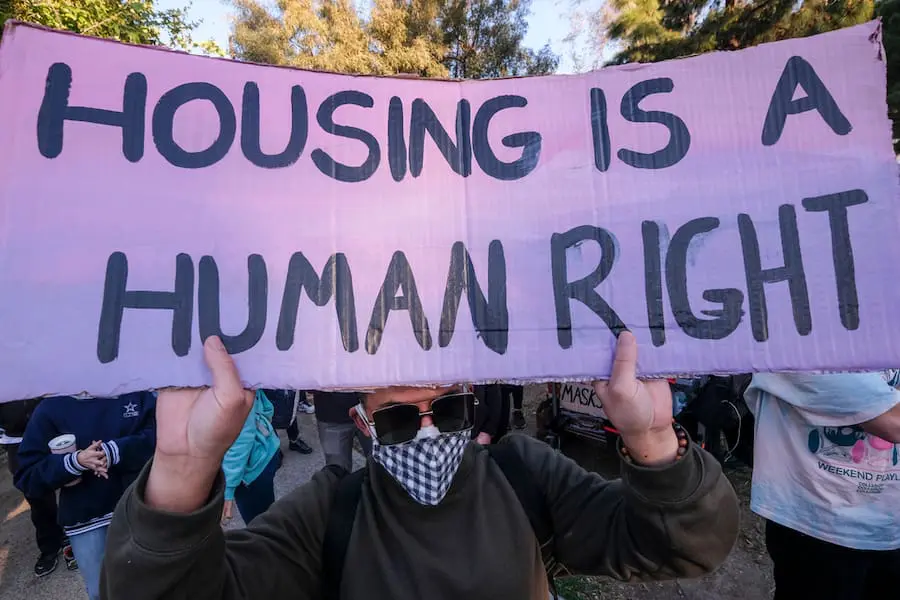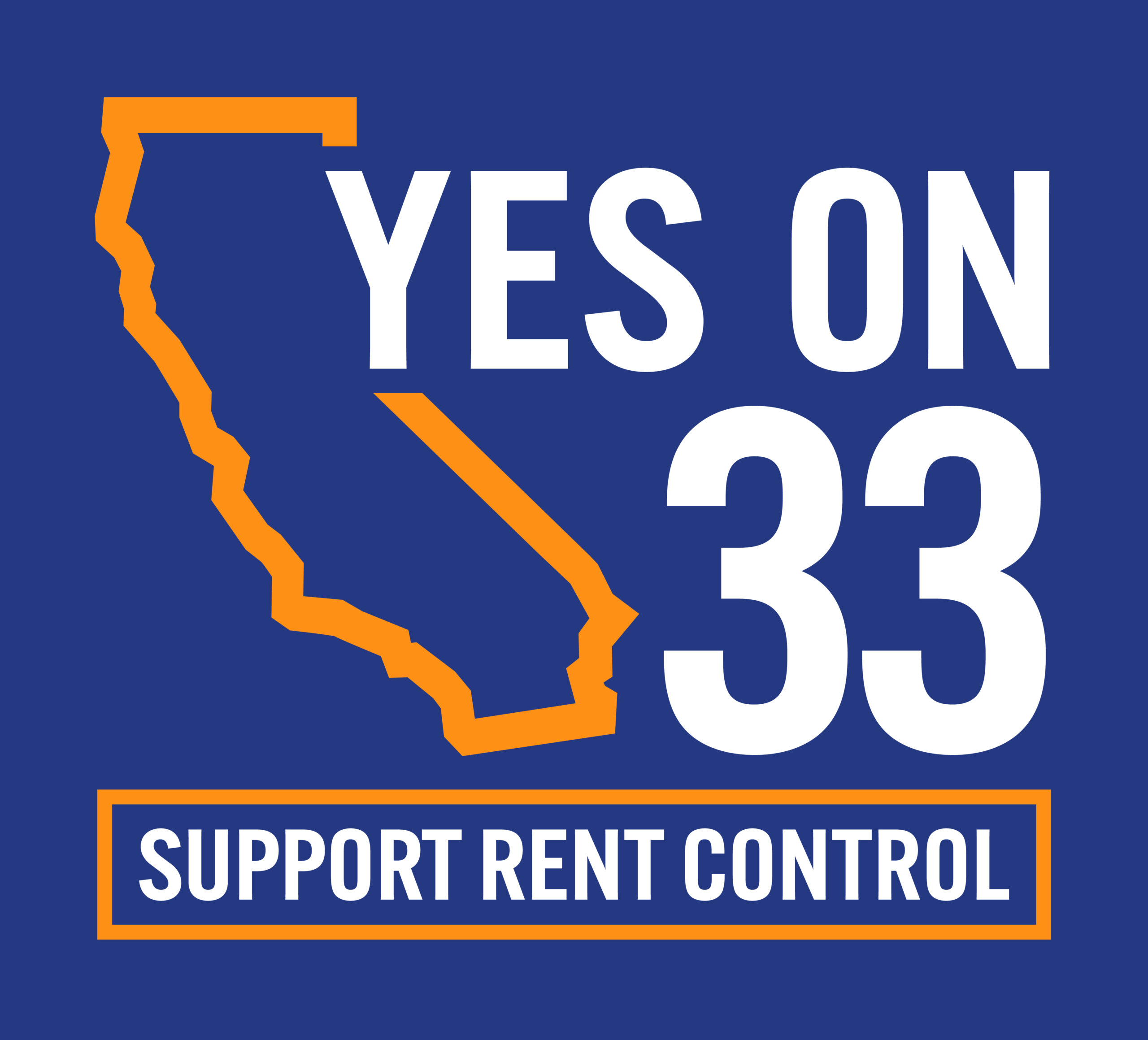
A new, wide-ranging study by the University of California San Francisco has found that Californians are homeless because sky-high rents are forcing people into the streets. Researchers surveyed nearly 3,200 people and learned that their median household income was below what they could afford for rent.
“People are homeless because their rent is too high,” Dr. Margot Kushel, the lead investigator of the study, told the Associated Press.
Politicians and the media often blame the worsening homelessness crisis on drug use and mental health issues, disregarding the impact of the housing affordability crisis. But each year, another study is rolled out that shows skyrocketing rents are fueling homelessness. Two studies by Zillow, for example, found that sky-high rents were pushing people into the streets in Los Angeles and other major cities.
According to the UCSF study, “high housing costs and low income left [research] participants vulnerable to homelessness.” It also noted that “people experiencing homelessness in California are Californians,” which shoots down another myth pushed by elected officials that unhoused people from other states are moving to California. And the study reported that the homeless population is aging and “minoritized groups” are “overrepresented” compared to the overall California population.
The study offered a number of recommendations to address the homelessness crisis. First, researchers urged increased access to housing affordable to extremely low-income households. It’s a position that Housing Is A Human Right and other housing justice activists have long lobbied for – politicians must first and foremost find ways to produce more affordable housing rather than push a pro-trickle-down, luxury-housing agenda backed by the real estate industry and YIMBY groups.
Housing Is A Human Right, for example, advocates for the adaptive reuse of existing buildings to quickly create more low-income and homeless housing. It’s something that AIDS Healthcare Foundation, HHR’s parent organization, has done since 2017, producing more than 1,400 affordable units by renovating old motels and hotels in the Los Angeles area.
The study also recommended the expansion of homeless prevention through financial support and legal assistance and the use of a “racial equity approach in all aspects of homeless system service delivery.”
In addition, many activists for the “3 Ps”: protect tenants through rent control and other protections; preserve existing affordable housing, not demolish it to make way for luxury housing; and produce more affordable housing through adaptive reuse, pre-fab modular housing, and other cost-effective approaches.
A broad coalition of housing justice groups, labor unions, social justice groups, and civic leaders are also aiming to expand rent control in California through Proposition 33. Once approved by voters, local officials will be allowed to pass updated rent regulations, which will stabilize the housing affordability crisis and prevent people from falling into homelessness.
In the end, homelessness can be prevented – but reining in unfair, inflated rents charged by predatory landlords will be key. If skyrocketing rents are not addressed, California’s homelessness crisis will only worsen. Vote “yes” on Prop 33 in November.
